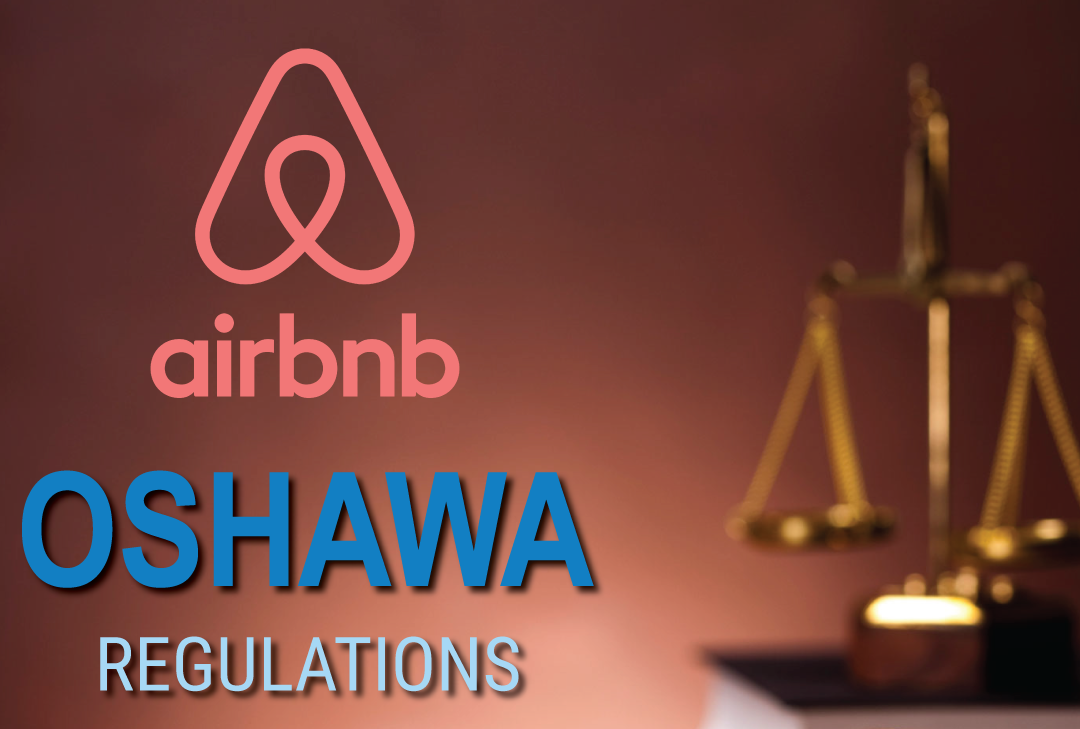
Understanding the Legal Requirements for Operating a Short-Term Rental in Oshawa, Canada
Introduction
Operating a Short-term rental property can be a lucrative venture, offering travelers a cozy and convenient place to stay while exploring Oshawa. However, to ensure a smooth and legal operation, landlords must adhere to specific requirements set forth by the city authorities. This article serves as a simple and easy-to-understand guide for landlords who want to operate short-term rentals in Oshawa, covering the importance of obtaining a license and the step-by-step process to get one.
Why Obtaining a License Matters
Obtaining a license for your short-term rental in Oshawa is of utmost importance. Not only does it demonstrate your commitment to responsible and compliant business practices, but it also ensures that you operate within the city’s regulations and by-laws. Operating without a license can lead to hefty fines and penalties, and it may even result in the suspension of your rental activities. Therefore, it’s crucial to go through the proper legal procedures and secure the necessary license before welcoming guests.
Comprehensive Guide to Ontario’s Laws and Regulations
The Licensing System Overview
The licensing system for short-term rental operators in Oshawa aims to enhance the enforcement of the Zoning By-law and establish regulations for responsible rental operations. Here are the key points of the licensing system:
- Definition of S.T.R.: A Short-Term Rental (S.T.R.) refers to all or part of a dwelling unit used to provide temporary accommodation through an S.T.R. Company.
- Licensing Requirements: Anyone using their home or property to provide temporary accommodation through an S.T.R. Company must obtain a valid license.
- Role of S.T.R. Operator: The S.T.R. Operator is the registered owner of the property on which the short-term rental is located. They make the rental available through an S.T.R. Company.
- Role of S.T.R. Company: The S.T.R. Company facilitates or brokers rental reservations between potential renters and S.T.R. Operators, conducting the necessary financial transactions.
Key Features of the Licensing System
The licensing system in Oshawa has several key features designed to ensure responsible and respectful short-term rental operations:
- Principal Residence Requirement: The short-term rental property must be the principal residence of the S.T.R. Operator, as stipulated in the Zoning By-law.
- Rental Period Limitations: S.T.R.s can only be rented for periods less than 28 consecutive days, and the total rental days must not exceed 180 days in a calendar year.
- Room and Occupancy Limit: If rented by the room, a maximum of two rooms can be rented, and each room can only have up to two occupants.
- Visitor’s Code: S.T.R. Operators must provide renters with a copy of the Visitor’s Code, informing them about relevant City by-laws and acceptable standards of behavior.
- Insurance Requirements: S.T.R. Operators must have insurance coverage, including property damage and bodily injury, with a minimum limit of liability of $2,000,000 per occurrence.
How to Get a License
To obtain a license for operating a short-term rental in Oshawa, visit the City of Oshawa’s official website and follow the steps below.
- Complete the Application: Fill out the Short-Term Rental Licence application form, providing accurate information about your rental property and contact details.
- Submit Floor Plan: Include a floor plan in your application, identifying all exits, windows, rooms, common areas, and the bedrooms you plan to rent.
- Proof of Insurance: Provide proof of insurance that meets the city’s requirements, including the coverage amounts and listing the City of Oshawa as an additional insured.
- Local Contact Information: Include contact information for a local contact who can attend to the rental property within an hour in case of any issues.
- Compliance Statement: Submit a statement confirming compliance with Zoning By-law 60-94 and other relevant legislation, along with an assurance to provide all renters with a copy of the Visitor’s Code.
- Apply and Pay: Once you have gathered all the required documents and completed the application, submit it to the relevant city department along with the necessary fees.
Conclusion
Operating a short-term rental in Oshawa, Canada, can be a rewarding venture if done right. By following the city’s licensing requirements and legal procedures, you can provide a delightful experience for travelers while ensuring a responsible and respectful presence in the community.
For more detailed information and to access the official application forms and documents, visit the City of Oshawa’s official website.


